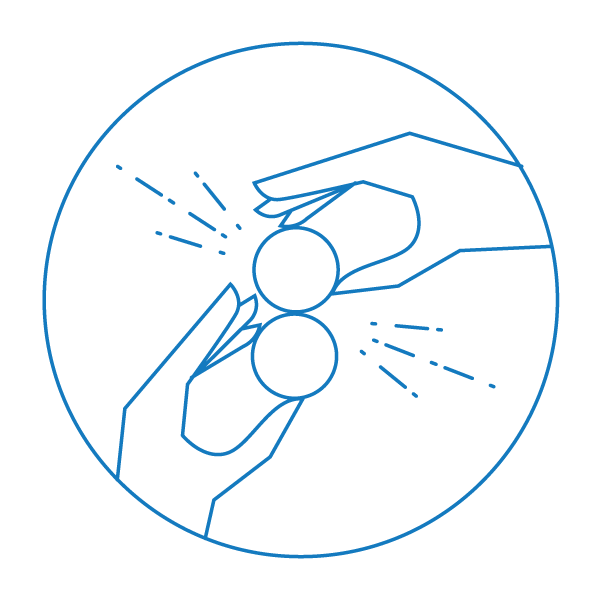
Executive Director
Myk Heidt leads Swinomish community members on a native plant ID tour in an old growth forest. Photo credit: Sean Gutierrez
With shared prosperity, racial justice, and climate resilience at stake, this is the election to cast a vote for collaboration.

There are many important reasons to care about the outcome of the election two weeks from now. Controlling the pandemic, getting out of recession, dismantling systemic racism, taking immediate action on global warming–the list of interdependent challenges goes on and on and on.
But in order to get any of this done, we need a greater sense of unity and shared purpose. As we cast our votes over the next few weeks, we need to support leaders who are truly going to make it a priority to work together and heal the self-inflicted wounds of what feels like a zero-sum political system. Getting to the equitable, prosperous, and climate-smart future our kids and grandkids deserve will require us to work together much, much better than we have.
As James Hansen, the NASA scientist who famously warned Congress about global warming 30 years ago, recently told the New York Times: “It’s very hard to see us fixing the climate until we fix our democracy.”
To use a topical metaphor: behavior is contagious, and since we’re more exposed to leaders than we are to most other people, their behavior is especially important. If those leaders are callous, the rest of us are more likely to be callous. If those leaders are collaborative, the rest of us are more likely to be collaborative.
Here in our home region, we could all stand to collaborate a little harder. For example, I observe in my mostly urban-progressive network a deep lack of curiosity about what is going on in rural communities, their everyday struggles and big aspirations, their diversity and resilience. The fact that we depend on rural communities for things we can’t live without—our food, our drinking water, our electricity, our clean air, much of our outdoor recreation—seems lost on some of us metro dwellers. If we care about shared prosperity, racial justice, and climate resilience, we need to acknowledge that deep urban-rural interdependence and demand that our elected officials do the same.
We all need to approach that collaboration with humility. “If you have come here to help me, you are wasting your time,” says the Indigenous leader Lilla Watson. “But if you have come because your liberation is bound up with mine, then let us work together.” That’s the spirit we need to animate us.
This could be the most consequential election in modern American history, with implications from the planetary to the personal. Below, some of my Ecotrust colleagues share top-of-mind considerations as communities approach ballot decisions around the region:
I’m worried about the dismantling of environmental regulations and the politization of science. Science is non-partisan. The thread of climate change is real, and we needed a climate mitigation plan yesterday.
As a youth climate activist I know no matter who is elected, the climate justice movement will have to take to the streets to push for the climate policy we need. I vote for those who believe in an equitable, climate-smart-future, & who will not deploy violence on those calling for that world to be built.
I’m concerned about immigration policies’ impact on farmworkers communities, the few COVID-19 & wildfire safety protections for them, and the lack of support for them to receive federal relief during this pandemic, despite putting food in our plates.
It’s important to learn who’s running for governor, city council, county sheriff or commissioner of public lands. Those we elect have a huge impact in how we live in our communities. Local changes are more visible and as equally important as the national vote.
I’m reflecting on threats to free and open elections, that voting is treated as a privilege when it should be a right, that equitable representation matters. This election season and in our work, I have been returning to the question: Who are we building power for?
I’m excited about Preschool for All (Measure 26-214) that, if passed, will provide tuition-free preschool for 3-and 4-year olds in Multnomah County AND fair wages for early childhood educators. So many key intersections around racial equity, the opportunity gap, support for working families.